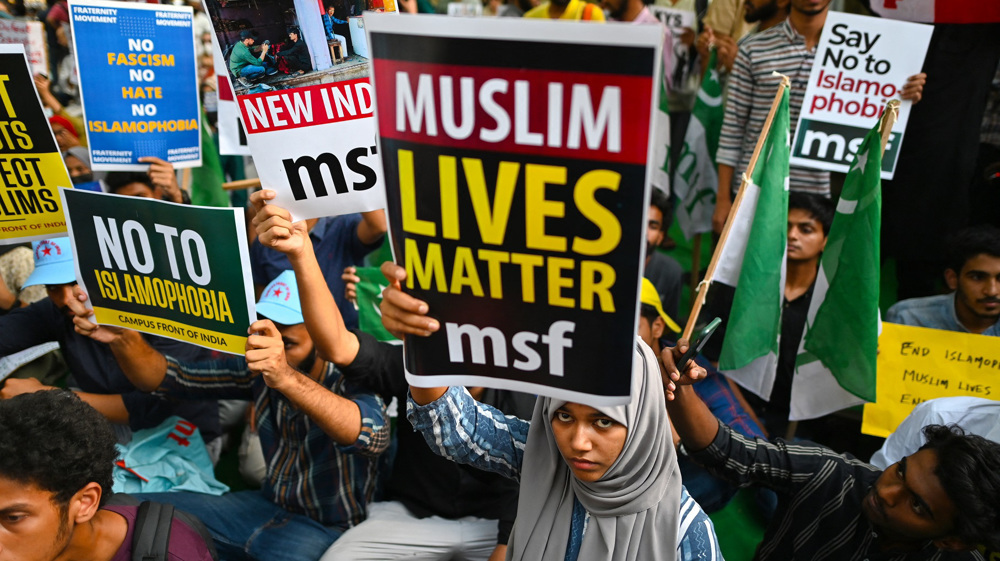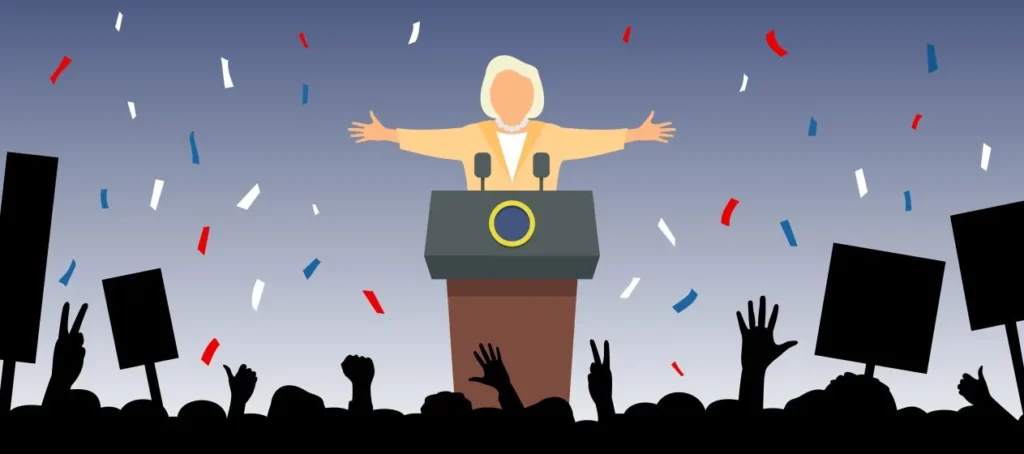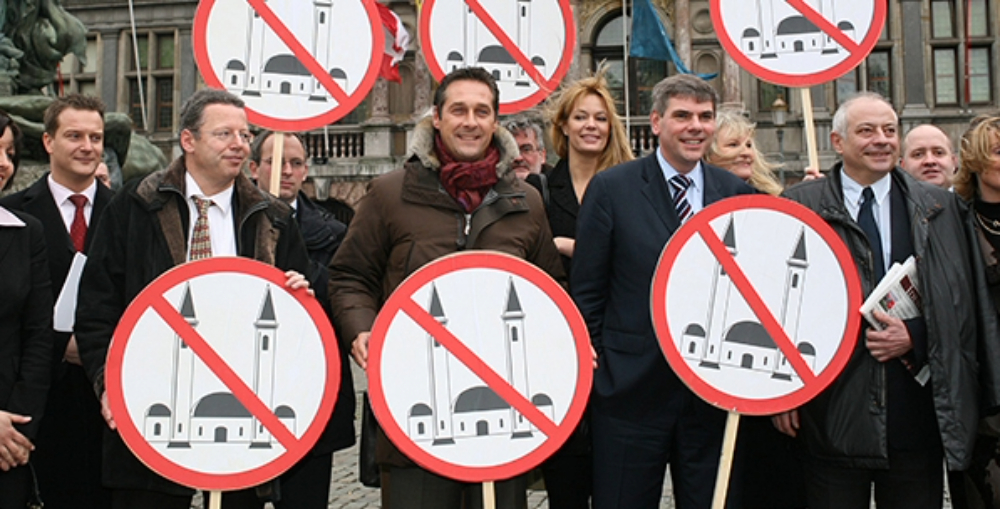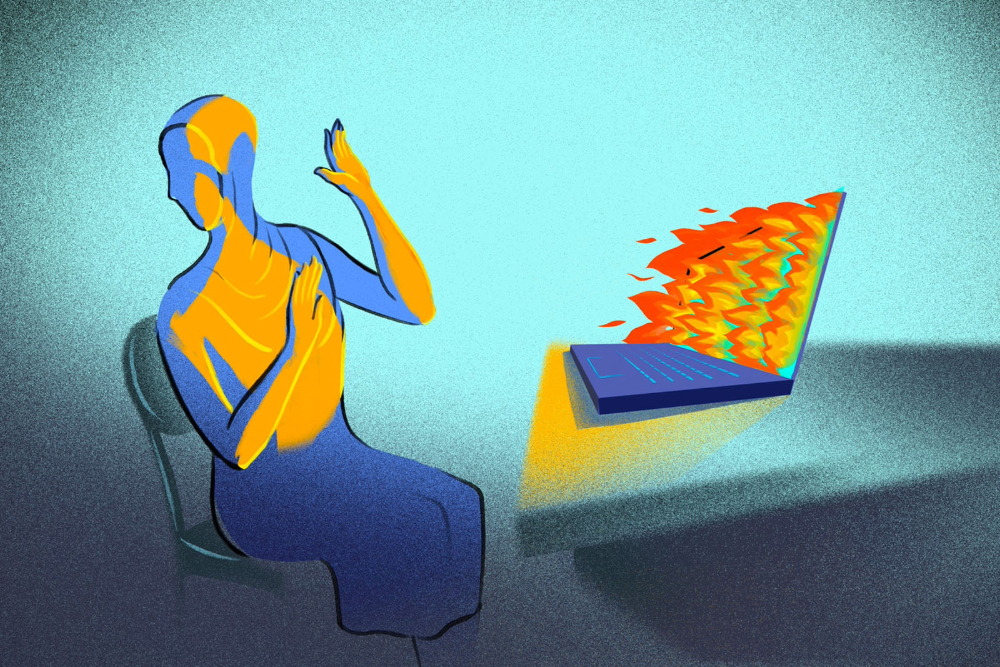What Constitutes Islamophobia?
For Islamophobia to be correctly recognized and dealt with, it is very important to have a precise and full definition. Islamophobia is characterized by an irrational fear, animosity, or animus towards Islam and its adherents. This bias is often shown in various ways such as racism, discrimination, hate speech, and physical attacks on people. By comprehending the different facets of Islamophobia, we are able to respond more effectively in order to alleviate its effects on the community.
Manifestations of Islamophobia
What the Quran Says About Islamophobia

The Quran provides guidance on how Muslims should respond to hostility and prejudice. While the term “Islamophobia” is modern, the principles in the Quran offer insights on handling such adversity.
Patience and Perseverance: The Quran emphasizes patience in adversity. “O Believers! Always seek help (from Me) through patience and PrayerCertainly, Allah is (always) with those who observe patience” (Surah Al-Baqarah 2:153).
Forgiveness and Compassion: Muslims are encouraged to respond with forgiveness and peace. “(O Esteemed Beloved!) Adopt forbearance, always command piousness, and keep aloof from the ignorant.” (Surah Al-A’raf 7:199).
Justice and Fairness: The Quran calls for justice and fairness. “Be persistently standing firm in justice, witnesses for Allah” (Surah An-Nisa 4:135).
Rejecting Hatred: The Quran advises repelling evil with good. “And good and evil cannot be equal. And remove the evil in a better (way) with the result that he between whom and you was rivalry before becomes your most warmhearted friend.” (Surah Fussilat 41:34).
Embracing Diversity: The Quran acknowledges human diversity and encourages mutual respect. “O people! We created you from a male and a female, and (divided) you into (large) peoples and tribes so that you might recognize one another. Surely the most honorable among you in the sight of Allah is he who fears Allah most. Certainly, Allah is All-Knowing, All-Aware.” (Surah Al-Hujurat 49:13).
Racism and Discrimination
This is what we see in our society today; you cannot distinguish between Islamophobia and other forms of discrimination and racism. Muslims often experience employment, housing, or other kinds of ordinary life bias just because they are Muslims. These things may further reduce their chance to gain important opportunities and properties. When you consider how it started, it looks like it never really ended. In some cases, such people even faced killing for their beliefs when they could have been spared but instead, society ignored them but gave voice to their executioners who were heard loudest than everyone else. Islamophobia has therefore become a crystallization of all forms of prejudices that exist against different groups around the globe including Ethiopians, Tibetans, and even Native Americans.
Hate Speech and Physical Violence

Hate speech against Muslims may instill fear and insecurity in communities. This verbal hatred can lead to physical violence, endangering Muslims’ safety and well-being. Understanding the seriousness of these manifestations is critical to designing effective responses.
Historical Context
Colonial Epochs
Islamophobia may be traced back to colonial periods, when Western powers frequently portrayed Muslims as the ‘other.’ These historical preconceptions have grown and endured, impacting current opinions about Islam and Muslims.
Contemporary Dilemmas
Muslims are depicted in horrible ways by diplomats all over the world as they project their ideas onto global happenings. Moreover, the rise of extremist organizations along with their corresponding media representation often mix Islam with terrorism raising more fears and misconceptions.
The Repercussions of Islamophobia

Psychological Repercussions
Emotional and Mental Ramifications
The emotional burden posed by Islamophobia on Muslim communities is immense. A constant experience of bias and antagonism can lead in time to nervousness, unhappiness or even feeling unwelcome. The long-term mental health implications of these mood disorders are often grievous for those individuals afflicted.
Socio-Economic Repercussions
Employment and Housing Disparities
Muslims face serious socio-economic limitations due to discrimination in jobs and houses. Muslims can’t have financial stability and prosperity because of prejudices in job recruiting and accommodation access.
Educational Inequities
Educational opportunities are also affected by Islamophobia.. The educational performance along with future perspectives of Muslim students may suffer if they are bullied, stereotyped or presumed to be less intelligent than others.
Political Repercussions

Influence on Legislative Processes
Unless you have been living under a rock for the last few years, everybody knows that Islamophobia is a major factor that contributes to policy formulation and public discourse. Policies that specifically aim at Muslims or have a differential impact on them are mostly based on prejudicial perceptions and apprehensions. Such laws can lead to an institutionalization of bias thereby alienating Muslim communities even further away from the mainstream.
Countering Islamophobia

Educational and Awareness Initiatives
Fostering Comprehension and Tolerance
An essential part of any society is education if it intends to deal with the menace of Islamophobia. By including it in the educational system, spreading campaigns of public awareness, and community programs we can override the stereotypes and make a more inclusive society.
Media Representation

Confronting Stereotypes
The media holds a vital role in sensationalizing public viewpoints. By confronting adverse portrayals and accentuating the favorable images about Muslims one could help remove myths and many misconceptions.
Counter-Speech and Advocacy
Formulating Efficacious Stratagems
It is possible to effectively combat hate speech and discrimination through various strategies; among them are counter-speech initiatives and advocacy work. This entails confronting hurtful stories head-on and pushing for liberties as well as respect for Muslims’ worth.
Legal and Policy Frameworks

Scrutinizing Extant Statutes
Reviewing the existing laws and policies is a significant step to acknowledge any shortcomings and flaws in protecting against Islamophobia. Furthermore advocating for more derivative laws can contribute to the protection of Muslims against discrimination and violence.
Interfaith Dialogue
Cultivating Cooperation and Understanding
Through facilitating interfaith conversation, there is a promotion of mutual understanding and respect among diverse religions. The dialogues can help in closing divisions and forming partnerships to deal with Islamophobia.
Specific Issues and Challenges
Islamophobia in the West
Distinctive Adversities
In Western nations, Muslims have particular issues, such as cultural integration or nationalism. As a result of these conditions, Islamophobia is exacerbated in some instances necessitating attention to these peculiar circumstances in combating prejudice.
Islamophobia in the Muslim World
Internalized Prejudices
To the non-Muslim dominated zones also this term does not just refer. On the other hand, within the Muslim realm, internalized biases and sectarianism can also take the form of Islamophobia affecting relationships between different groups in the same society.
Islamophobia and Extremism

Distinguishing Between Prejudice and Extremism
It is imperative to distinguish Islamophobia from the operations of extremist organizations. The latter may pose security threats, yet associating them with the entire Muslim community generates intolerance and weakens programs aimed at combating Islamophobia in a substantial manner.
Online Islamophobia

Tackling Digital Hate Speech
Hate speech and misinformation have flourished in the online world and on social media. To tackle online Islamophobia, a combination of comprehensive digital literacy initiatives, strict policy frameworks governing platforms, and active measures against hate speeches are necessary.
Conclusion
Ultimately, Islamophobia is an issue with many sides that can be seen in diverse types of prejudices and discrimination. To design appropriate counteractions, it is vital to understand the historical background, mental effects, and socioeconomic consequences of this problem. Educating people, playing positive roles in the media about Muslims and Islam, and supporting people who stand up for Muslims’ rights through their voice or writing are some of the ways we can fight against Islamophobia so that everyone lives in an all-encompassing and just society.

